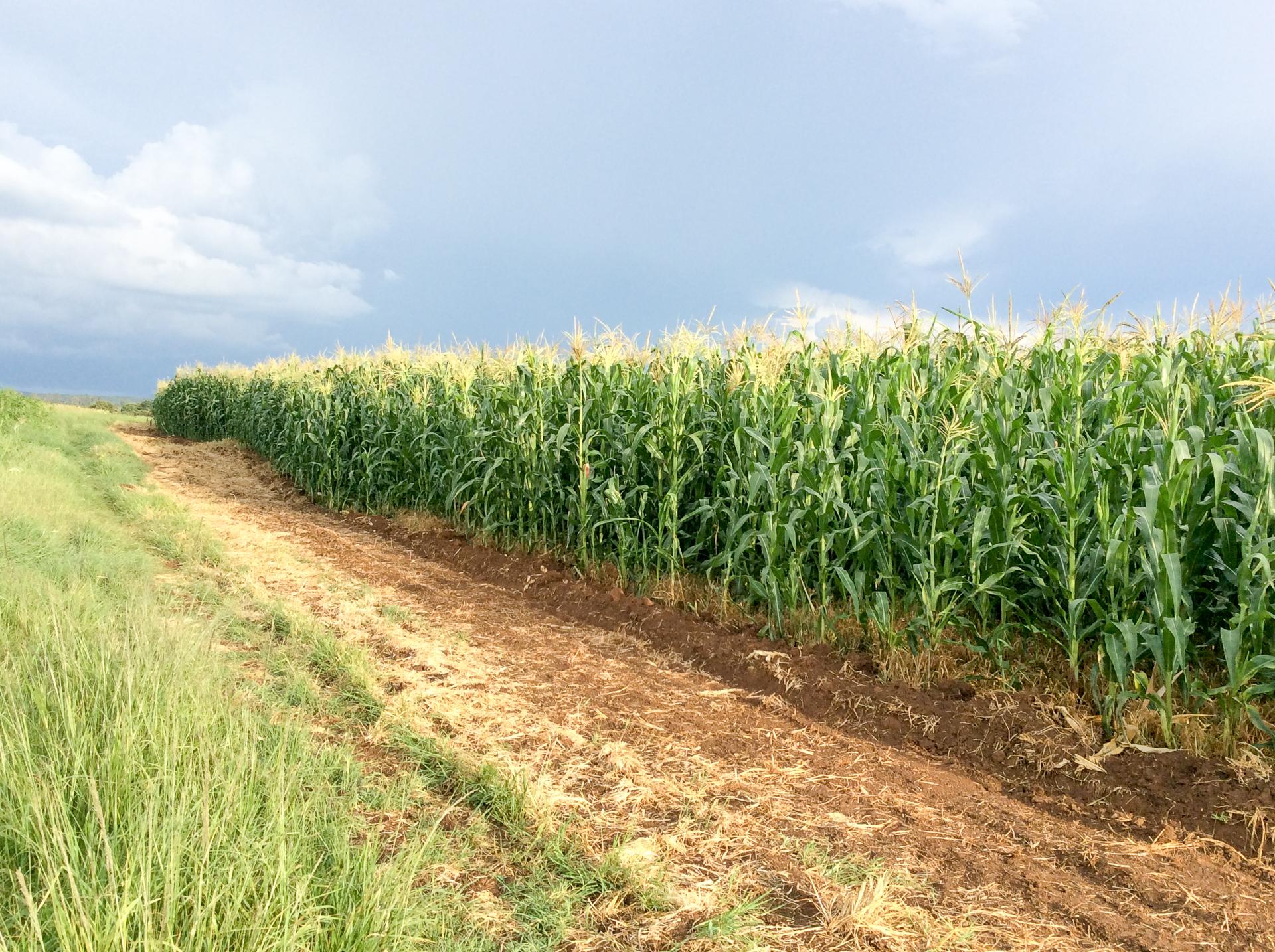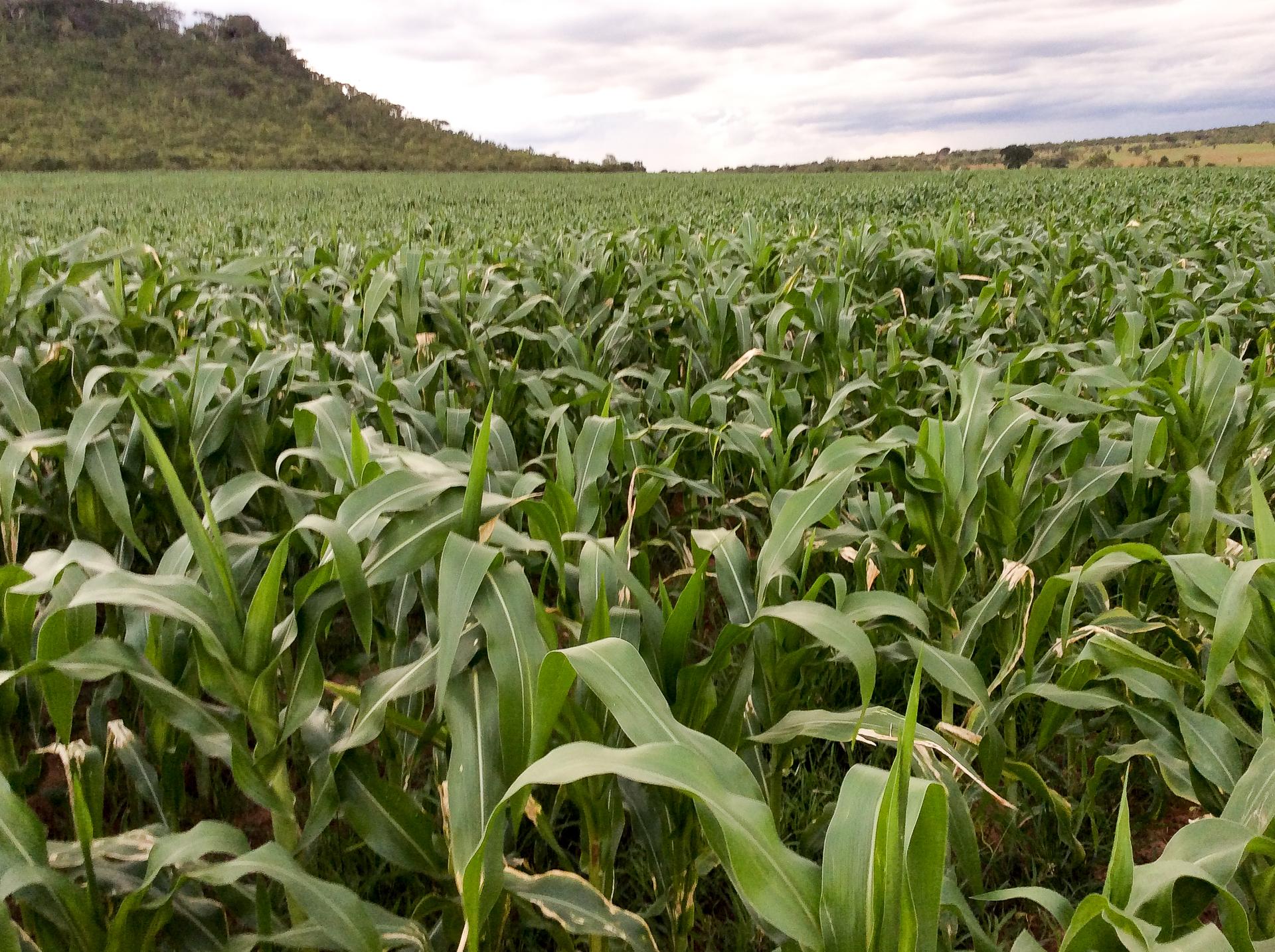


In Zimbabwe, Amatheon seeks a first-mover advantage.
Amatheon’s modus operandi in Zimbabwe is contract farming, whereby Amatheon provides the equipment,
capital and management of the operations, and carefully vetted titleholders receive a percentage of the revenue.
Zimbabwe is on the edge of a return to commercial farming activities and Amatheon seeks a first mover advantage. Amatheon Agri Zimbabwe Ltd (AAZim) was established in 2014 and has farmed West and East of the country’s capital, Harare. So far, the focus has been on rain-fed cropping with the view to venture into irrigated farming in the future.
Amatheon’s modus operandi in Zimbabwe is contract farming, whereby Amatheon provides the equipment, capital and management of the operations, and carefully vetted titleholders receive a percentage of the revenue. The operations are all located in areas that have previously been farmed by the current owners and have historically proven favourable in terms of strong yield potential. Amatheon is regularly scouting suitable opportunities for joint-ventures or green-field operations.
Crops are being stored and sold in the domestic market, thus keeping the benefits within Zimbabwe. The objectives of Amatheon’s operations in the country are aligned to the Government of Zimbabwe’s ‘ZimASSET’ initiative which promotes food and nutrition security.

Zimbabwe is located in southern Africa and is bordered by Botswana, South Africa, Zambia and Mozambique. It is rich in natural resources with vast amounts of fertile soil, minerals, and has over 320 days of sunshine per year. Zimbabwe’s economy was marked by a period of 11% growth between 2009-2012, and followed with a decline of 3% in 2014 – 2015. Forecasts see Zimbabwe’s GDP continuously growing by 3-5% to 2020. The agricultural sector to 20% of the country’s GDP and employs close to 70% of the workforce. Zimbabwe aims to restore its previous status as the second largest economy and breadbasket in southern Africa, with a deep understanding of mechanized agriculture, value chains and infrastructure. Strengthening Zimbabwe’s agricultural sector is critical to improve rural livelihoods, improve domestic food security and increase the country’s economic growth.

Growing Value.